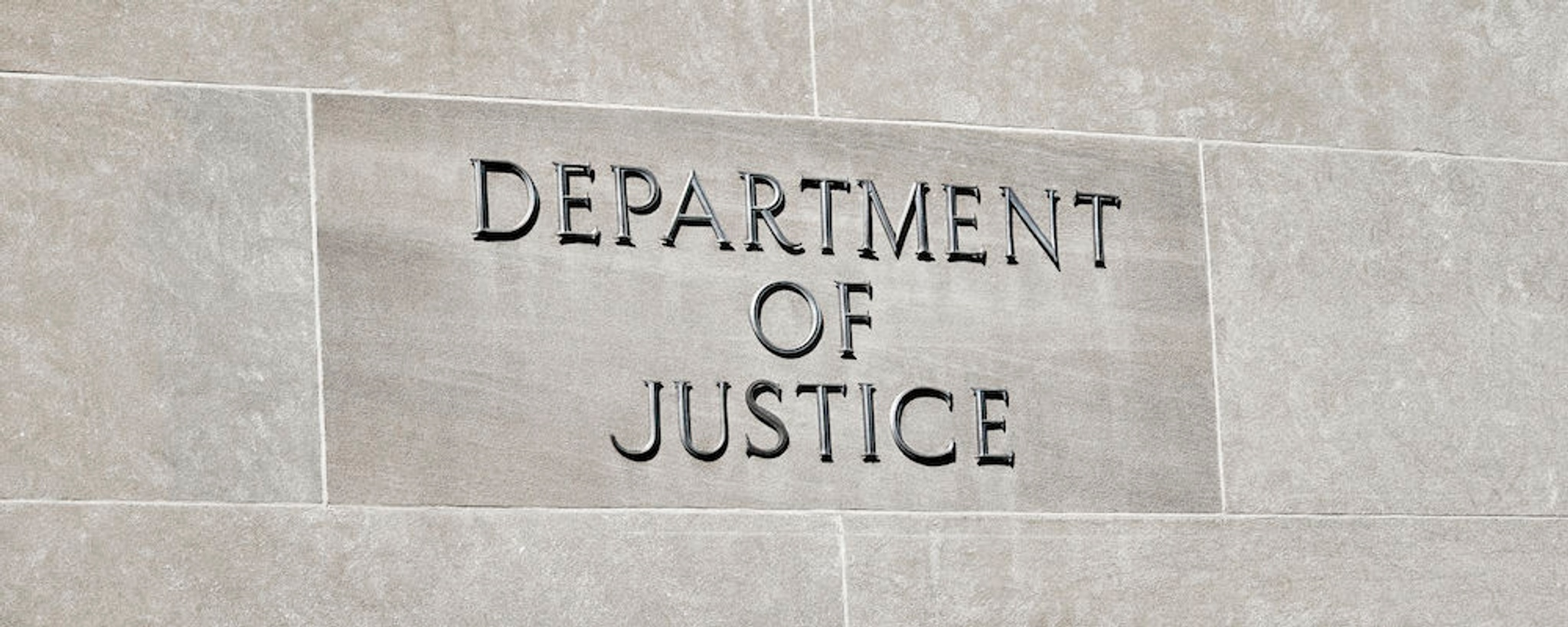Schumpeter Project on Competition Policy
The Schumpeterian perspective represents a new intellectual framework for antitrust reforms that focus less on competition for competition's sake and more on enabling firm dynamic capabilities to power productivity, innovation and global competitiveness. The Schumpeter Project’s mission is to advance dynamic competition policy with boosting firm dynamic capabilities as a central concern for antitrust enforcement. (Read more.)
- Useful bookmarks: ITIF’s Monopoly Myth Series and Schumpeterian Takes on Pending Antitrust Bills.
- Stay posted by signing up for ITIF emails and checking the box for “Regulation and Antitrust” under “Innovation and Competitiveness.”
Featured Publications
A Policymaker’s Guide to Digital Antitrust Regulation

Rather than adopt the European Union’s model for regulating competition, policymakers considering how to govern digital markets should carefully evaluate whether digital antitrust regulation is justified and consider whether concerns about anticompetitive behavior can be addressed with less intrusive and more cost-effective tools.
No, Reviving the Robinson-Patman Act Will Not Lead to More Competition or a Better Economy

Neo-Brandeisians aim to reinvigorate the Robinson-Patman Act to protect small businesses. But the act doesn’t address any anticompetitive conduct that isn’t already covered by the Sherman Act, and enforcing it will only harm consumers and limit growth. Rather than repeat history’s mistakes, the next Congress should repeal the act once and for all.
Events
June 26, 2025
FTC v. Meta: Takeaways From a Landmark Trial
Watch this virtual panel with top experts who discussed this important decision, its implications for the social media landscape, and what it means for Meta as the Trump administration continues its antitrust crusade against “Big Tech.”
May 19, 2025
The DOJ v. Google Ad Tech Decision: Did the Court Get It Right?
Watch this virtual webinar featuring experts who discussed this important decision, its implications for the ad tech space, and what it means for Google as its antitrust battles with the DOJ escalate.
April 16, 2025
The DMA’s Annual Review: A Global Perspective on Digital Competition Regulation
Watch the virtual discussion featuring experts from diverse regulatory landscapes unpack the DMA’s real-world impact, analyze global trends in digital regulation, and evaluate whether ex-ante rules are the right path forward for competition.
April 10, 2025
The DOJ v. Google Saga Continues: What’s at Stake in the Search Remedies Trial?
Watch now for a virtual panel with top experts who will discussed the key issues going to trial, the implications for Google and the future of search, and what the case means for U.S. antitrust law and the broader “big tech” debate.
March 4, 2025
Competition Policy in the Trump Administration: The Future of Conservative Antitrust and the FTC
Watch the webinar event where panlists discussed how antitrust enforcement might change with the new administration, whether the Trump enforcers will carry forward any of the neo-Brandeisian policies, and what the future may have in store for the FTC.

Director, Schumpeter Project on Competition Policy
Information Technology and Innovation Foundation
Read BioMore From the Center
June 30, 2025|Blogs
Six Ways the DMA Is Backfiring on Europe by Harming Users, Innovation, and Allies
The EU’s Digital Markets Act was sold as a blueprint for fairness and innovation. But instead of fostering competition, the DMA risks turning Europe into a regulatory island—more isolated, less competitive, and increasingly irrelevant on the world stage.
June 13, 2025|Testimonies & Filings
Comments to Japan’s Fair Trade Commission Regarding Draft Guidelines for the Mobile Software Competition Economy Act
Although the Draft Guidelines provide guidance for stakeholders as to how the Act will be enforced, they do not adequately ensure that harms to mobile innovation and Japanese consumers will be minimized.
May 28, 2025|Blogs
The FTC v. Meta Trial Ends: Why the Government’s Case Is Doomed
While the ultimate ruling by Judge Boasberg remains uncertain, the tea leaves do seem to point to yet another defeat for the FTC against Meta.
May 27, 2025|Testimonies & Filings
Comments to the FTC Regarding Anticompetitive Regulations
While targeted rules and regulations which address real market failures and improve the status quo can be defensible, there are many that do not benefit competition or consumers and should likely be rescinded.
May 16, 2025|Testimonies & Filings
Amicus Brief to the US Court of Appeals for the Ninth Circuit in Support of the Appellant’s Motion for a Stay in Epic Games v. Apple
The district court’s Order substantially risks disrupting the iOS ecosystem by sua sponte preventing Apple from exercising its right to charge what it wishes for the use of its platform. That is not behavior that was found to violate California’s UCL and for good reason: above cost pricing is per se lawful and an essential part of the market system upon which the antitrust laws are premised.
May 12, 2025|Blogs
The DOJ’s Problematic Remedies Proposal in the Google Ad Tech Case
Obsessions with “Big Business” and “Tryanny.com” appear to have trumped not just fashioning legally sound antitrust relief, but winning the United States’ geopolitical competition with China.
May 11, 2025|Podcasts
Podcast: Taking Stock of the Google Search Remedies Trial, Featuring Joseph Coniglio
Joseph Coniglio joined host Cristiano Lima-Strong and fellow expert Karina Montoya on The Sunday Show podcast from Tech Policy Press to analyze the remedies phase of the Google search antitrust trial.













